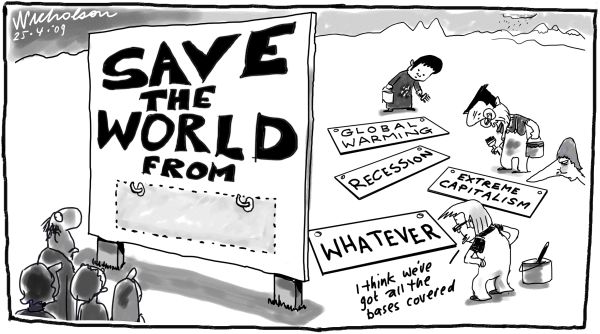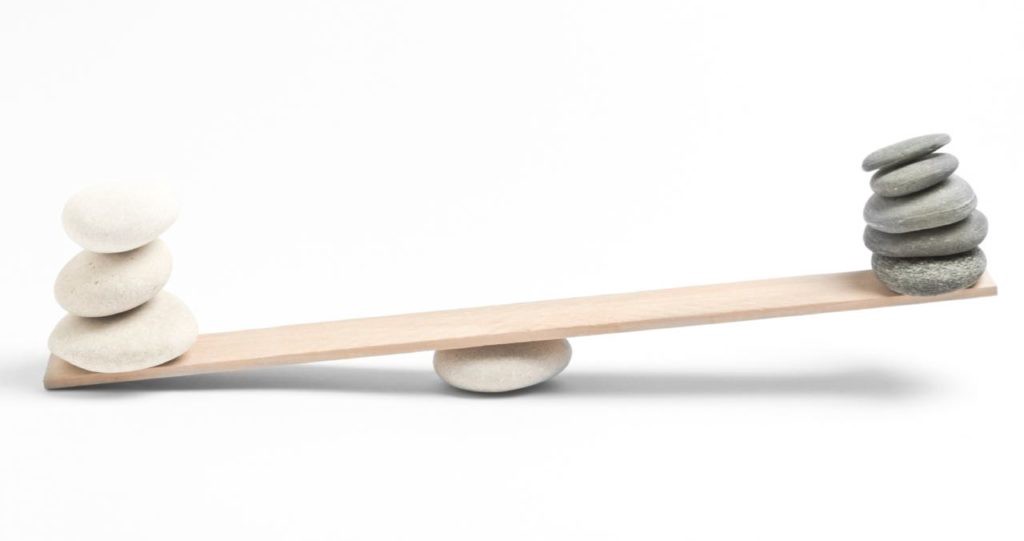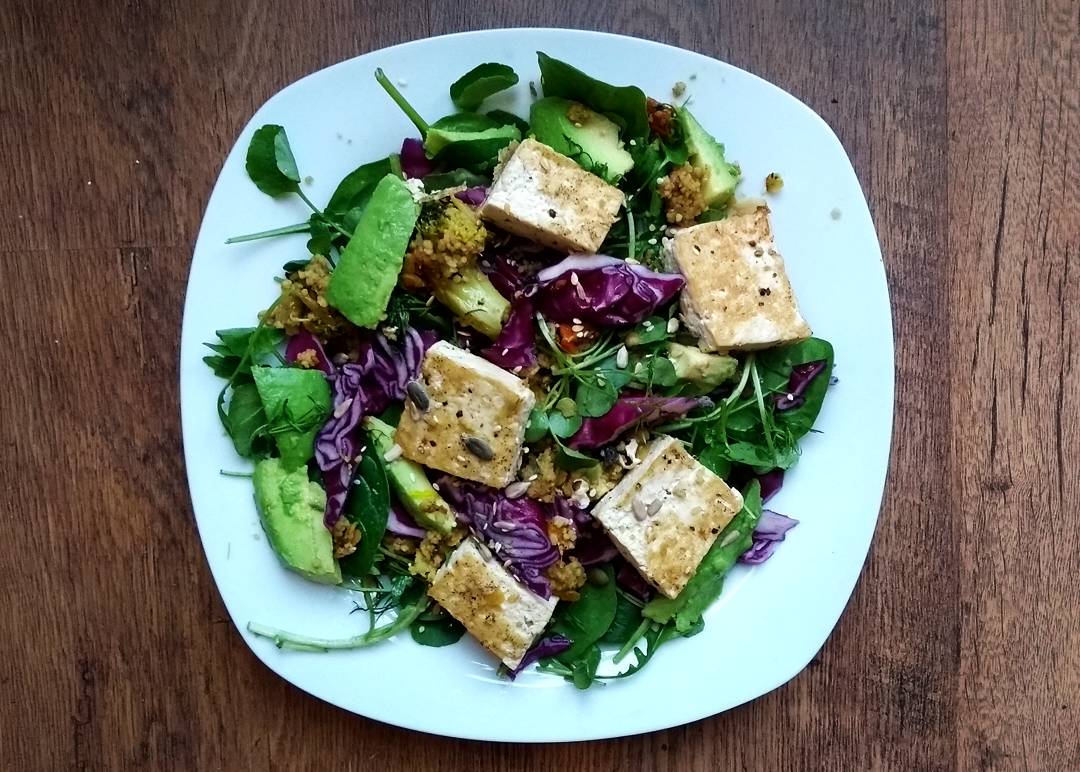
Life as a 20something in the information age isn’t easy. It might seem like a strange thing to complain about, but having access to everything and everyone, whenever and wherever you want is actually extremely harmful – especially in an economy where our attention is being sold and thrown around like a ping pong ball.
There is no space for solitude, for independent thought, for self-actualization, and, some have argued, for democracy. Not to mention the extraordinary pressure to achieve both the conventional metrics of success (like starting a family or having a stable career) while working towards something extraordinary and off the beaten path (like owning a start up or travelling the world on your great grandfather’s ultra-vintage bike). Social media constantly bombards us with highlights from the lives of our peers – filtered realities that we compare to our ordinary and uneventful days. It’s no wonder that higher use of social media platforms has been linked to depression.
-
You Want to be Understood
 You’re special. You have a unique perspective shaped by rich and varied life experiences. You’ve achieved incredible things despite having been through a lot – your dog died six months ago, and you’re still on the waiting list for a Monzo card. I get it. Each of us want to be appreciated for our unique experiences, our fresh perspective, and our brilliant ideas. We hope to influence our surroundings by sharing ourselves and our passions. There is nothing inherently wrong with this, but if you are doing it without first considering who you’re talking to, without making a sincere attempt to understand their perspective and hear about their experiences, then you’re making a mistake. Identify your most meaningful relationships and tell me if this statement isn’t true: the key to having influence is to first be influenced.It takes the commitment of at least one person to listen deeply for anyone to be understood.
You’re special. You have a unique perspective shaped by rich and varied life experiences. You’ve achieved incredible things despite having been through a lot – your dog died six months ago, and you’re still on the waiting list for a Monzo card. I get it. Each of us want to be appreciated for our unique experiences, our fresh perspective, and our brilliant ideas. We hope to influence our surroundings by sharing ourselves and our passions. There is nothing inherently wrong with this, but if you are doing it without first considering who you’re talking to, without making a sincere attempt to understand their perspective and hear about their experiences, then you’re making a mistake. Identify your most meaningful relationships and tell me if this statement isn’t true: the key to having influence is to first be influenced.It takes the commitment of at least one person to listen deeply for anyone to be understood. -
You Want to Change the World
 “I want to have a real impact”, “I want to end injustice and contribute to world peace”, “I want to save the environment”.These words are familiar to almost every young heart out there. While noble and praise-worthy, just ask older millennials what happened to their shared drive to make a difference. Hopefully, they won’t tell you that it’s disappeared completely because it’s a good thing to want to improve society, but they will probably teach you a valuable lesson: start at home first. Everything in life follows a natural process that can’t be skipped. That grand dream of contributing to world peace will never come about if your own life is full of conflict and duplicity. How do you implement this? You’ve got to a) want to have an impact in the right way, and b) actually do something in your immediate environment, using your current skill set. But to do both of those things, you first have to be a strong, independent, and secure individual yourself. Then you’ve got to nurture your current relationships by showing and accepting trust, kindness, and integrity. In the words of Dag Hammarskjold, past UN Secretary General: “It is more noble to give yourself completely to one individual than to labor diligently for the salvation of the masses.” Ask yourself, who matters the most?
“I want to have a real impact”, “I want to end injustice and contribute to world peace”, “I want to save the environment”.These words are familiar to almost every young heart out there. While noble and praise-worthy, just ask older millennials what happened to their shared drive to make a difference. Hopefully, they won’t tell you that it’s disappeared completely because it’s a good thing to want to improve society, but they will probably teach you a valuable lesson: start at home first. Everything in life follows a natural process that can’t be skipped. That grand dream of contributing to world peace will never come about if your own life is full of conflict and duplicity. How do you implement this? You’ve got to a) want to have an impact in the right way, and b) actually do something in your immediate environment, using your current skill set. But to do both of those things, you first have to be a strong, independent, and secure individual yourself. Then you’ve got to nurture your current relationships by showing and accepting trust, kindness, and integrity. In the words of Dag Hammarskjold, past UN Secretary General: “It is more noble to give yourself completely to one individual than to labor diligently for the salvation of the masses.” Ask yourself, who matters the most? -
Instant Gratification
 This is an age old problem that is wired deeply into our psychology, but it is playing out in new and unprecedented ways in the wake of technology and ultra-convenience (hello Uber Eats and Amazon Prime). It’s no secret that tech firms engineer their products to keep our attention for as long as possible by manipulating our psychological reward system. As access to information grows, our attention becomes the limiting factor. The result? An economy built on our attention. Have you ever considered the similarity between the pull to refresh feature and pulling a lever on a slot machine? Or the deep-rooted, reflexive urge to check your phone when you hear that familiar ping? How difficult was it to ignore?Firms are constantly looking for ways to steal your precious time and weaken your self-control, which is why push-notifications, instant ‘stories’, and endless scroll are common features on the most popular applications.
This is an age old problem that is wired deeply into our psychology, but it is playing out in new and unprecedented ways in the wake of technology and ultra-convenience (hello Uber Eats and Amazon Prime). It’s no secret that tech firms engineer their products to keep our attention for as long as possible by manipulating our psychological reward system. As access to information grows, our attention becomes the limiting factor. The result? An economy built on our attention. Have you ever considered the similarity between the pull to refresh feature and pulling a lever on a slot machine? Or the deep-rooted, reflexive urge to check your phone when you hear that familiar ping? How difficult was it to ignore?Firms are constantly looking for ways to steal your precious time and weaken your self-control, which is why push-notifications, instant ‘stories’, and endless scroll are common features on the most popular applications.There are also the more traditional struggles to contend with. Going to bed early, persevering on a difficult project, speaking up, and resisting that Krispy Kreme doughnut all require the silencing of the beastly instant gratification monkey.
This “I want it now” culture has unfortunately also seeped into business and work. In an ever faster world, results must be instant, deadlines get shorter, and our coffees get stronger. How will it ever be possible to rise above table stake tasks when quarterly numbers need to be met and competition is fierce? How can we make time for our continual growth and education, how can we invest in new ideas or skills, when we are so busy and focused on never ending urgent-but-not-important work?
The first and most important step is understanding the principle of balancing productivity with investing in the ability to produce. The second step is to learn about and implement deep work into our schedules (detailed post coming soon).
-
Blaming and Victimisation
 This one is all about responsibility, or the lack of it. How many times have you blamed others for your own failures? “If only John wasn’t so confrontational, it really spoils my mood”. “If only Jane believed in me and validated my idea, then I’d really go for it”. “If only I wasn’t so broke!” Or, my personal favorite, “if only my parents were more loving, maybe I could love one day too” (whatever, Johnathan). Ultimately, we are all responsible for our own feelings, actions, and words. Nobody can make you feel or act a certain way, because your response to any given situation is a choice. I get it, blaming provides temporary relief from our pain and it is a very easy trap to fall into, but it only chains us to our problems because it blocks any inkling of initiative that could be taken to solve it. After all, it’s not your problem to fix right? And even if you tried, your efforts would be wasted because when you absolve yourself of responsibility, you also give up any power you may have had.Accepting responsibility takes courage, humility, and strong resolve. Each of us have those characteristics within us – it is just one decision away. Accept that you are the creative force of your life, no matter what your previous or current circumstances.
This one is all about responsibility, or the lack of it. How many times have you blamed others for your own failures? “If only John wasn’t so confrontational, it really spoils my mood”. “If only Jane believed in me and validated my idea, then I’d really go for it”. “If only I wasn’t so broke!” Or, my personal favorite, “if only my parents were more loving, maybe I could love one day too” (whatever, Johnathan). Ultimately, we are all responsible for our own feelings, actions, and words. Nobody can make you feel or act a certain way, because your response to any given situation is a choice. I get it, blaming provides temporary relief from our pain and it is a very easy trap to fall into, but it only chains us to our problems because it blocks any inkling of initiative that could be taken to solve it. After all, it’s not your problem to fix right? And even if you tried, your efforts would be wasted because when you absolve yourself of responsibility, you also give up any power you may have had.Accepting responsibility takes courage, humility, and strong resolve. Each of us have those characteristics within us – it is just one decision away. Accept that you are the creative force of your life, no matter what your previous or current circumstances. -
Lack of Balance
 It’s easy to be consumed by one aspect of our existence. Career, health, or social belonging are the usual culprits. What good is overworking if you are limiting your ability to produce by ignoring your health? What good is tow hours a day in the gym if you’re losing out on quality time with your significant other?
It’s easy to be consumed by one aspect of our existence. Career, health, or social belonging are the usual culprits. What good is overworking if you are limiting your ability to produce by ignoring your health? What good is tow hours a day in the gym if you’re losing out on quality time with your significant other?Each aspect of our existence needs special care and attention – mind, body, heart, and spirit. Invest in your body through regular exercise and a healthy diet, invest in your mind by reading broadly and committing to lifelong learning, invest in your heart by nourishing deep and respectful relationships, and invest in your spirit by cultivating gratitude and aligning your life with meaningful principles – sustain this through heartfelt work that doesn’t consume you, but adds to your overall purpose in life. This is all easier said than done, but it is possible through mastering our habits and being mindful of the small, cumulative choices we make everyday.
-
What’s in it for me?
Competition is the norm and always has been – we all have early recollections of scrambling for good grades, or beating our peers during sports, or showing off our new pair of shoes. As kids, this was limited to the playground. But now, social media is just one big overgrown-child dump where we throw around our astonishing accomplishments, adventurous travels, abundant and cultured social circles, or heck, even a watery Starbucks latte or a battered but somehow artsy shoe. We all do this. It’s very hard not to – receiving social validation in the form of likes or hearts activates our brain’s reward system, since social approval was once vital to our survival (I think we could get away with not being liked in modern society – you wouldn’t die in harsh conditions because Sandra and her friends can’t stand your distaste for sun salutations, for example).
BUT this poses a problem of self-centeredness and entitlement. And, while competitiveness can be sometimes be necessary, most of the time, co-operation, mutual benefit, and the art of “we” is more powerful and enduring than showing off or thwarting others.
Be more careful with your posts on social media. And next time you’re presented with the opportunity to be a part of something, think about the mutual benefit it will bring instead of focusing on increasing your own skills or experience.
-
Fear and Insecurity
 We’re living in a volatile and unpredictable financial and political climate. We’re also living in worrying times for the climate itself – planet earth has had enough of human indifference. Our technological overlords are on the brink of taking over. Childhood obesity is on the rise. House prices are soaring. Entire countries will go under. Mass migration is round the corner. Everyone is scared. We fear for ourselves, we fear for the world, we fear for the future. There’s no escaping it, is there? No. And there shouldn’t be, because these are genuine concerns. Our natural response to this fear is cower away and sink into our own independent lives. But we need to stop resisting our collective anxiety and must instead acknowledge it, so we can finally begin working together to build solutions and support each other.
We’re living in a volatile and unpredictable financial and political climate. We’re also living in worrying times for the climate itself – planet earth has had enough of human indifference. Our technological overlords are on the brink of taking over. Childhood obesity is on the rise. House prices are soaring. Entire countries will go under. Mass migration is round the corner. Everyone is scared. We fear for ourselves, we fear for the world, we fear for the future. There’s no escaping it, is there? No. And there shouldn’t be, because these are genuine concerns. Our natural response to this fear is cower away and sink into our own independent lives. But we need to stop resisting our collective anxiety and must instead acknowledge it, so we can finally begin working together to build solutions and support each other.
